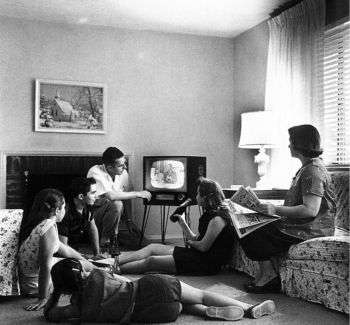Family stability, not family structure, is key to education success, says study

Young people in stable lone-parent households are just as likely to stay in education as their counterparts in stable married families, a new University of Sussex–led study has revealed.
But the researchers also found that those who experienced instability, such as divorce or remarriage of their parents in the four years leading up to 16, were a third less likely to choose an academic route compared with children in stable marriages with biological parents.
The study, published this month in British Educational Research Journal, tracked 10,000 young people in schools in England during a four-year period to determine the educational impact of changes to family situations.
In the study, 13 per cent of young people experienced some sort of family structure change between the ages of 13 and 16. Of these, less than 63 per cent stayed in school post-16 compared with 81 per cent of young people who lived in stable married households.
Lead researcher Gillian Hampden-Thompson, Professor of Education, said: "Previous research has indicated that young people in lone-parent households are at an educational disadvantage. Our research suggests that this is not the case once we account for changes in a young person's living situation.
"The perception that 'upgrading' from a one-parent household to a two-parent household is the best thing isn't necessarily true. The key factor is the stability of the household rather than the family structure in this case."
Drawing on the Longitudinal Study of Young People In England data (from 2004-2007), the researchers were able to examine in a more precise way the impact of family stability and structure on the education persistence of young people in England.
The majority of young people (55 per cent) resided in a stable married biological family, with five percent living in a stable married step family. About one-fifth of youths lived in stable lone-mother families, four per cent in stable co-habiting families and two per cent in stable lone-father families.
The study looked those aged 16 in 2007 and the likely changes in their home lives that led to them ending compulsory education. The introduction of the Education and Skills Act in 2008 states means that, from 2015, all young people have to stay on in education or training at least part-time until they are 18 years old.
Professor Hampden-Thompson says: "It's clear from our research that family instability is likely to affect the choices children make about their education. While the new law means that children are now required to stay in education beyond 16, much still can be done to help schools build relationships with parents and encourage families to share information that allows schools to support young people during changing times."
More information: "Family structure instability and the educational persistence of young people in England." British Educational Research Journal. doi: 10.1002/berj.3179
Provided by University of Sussex
















